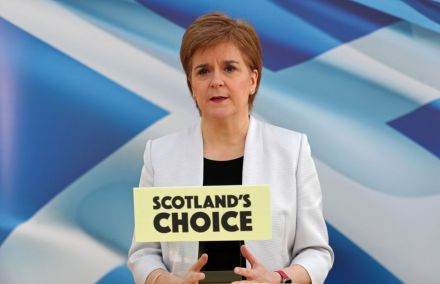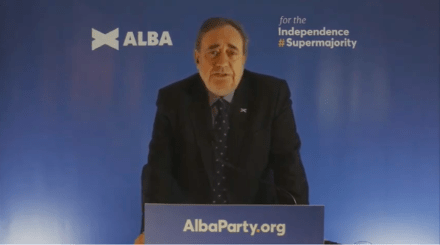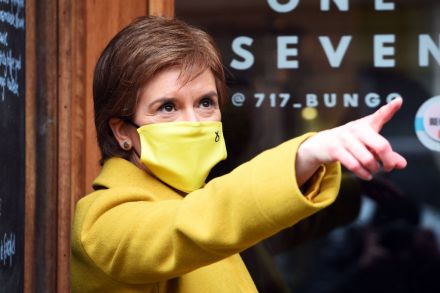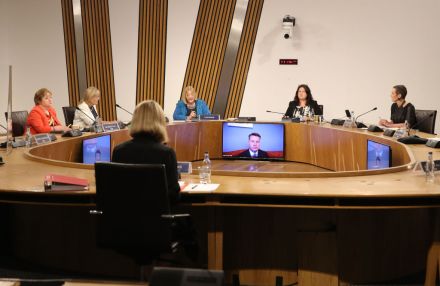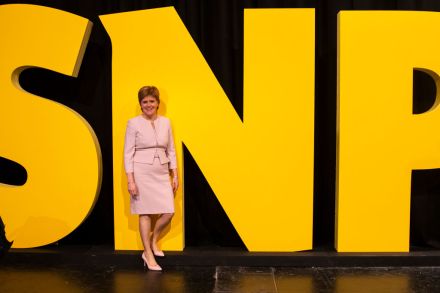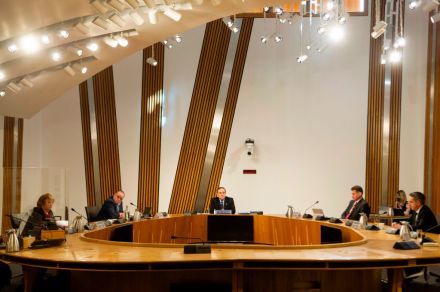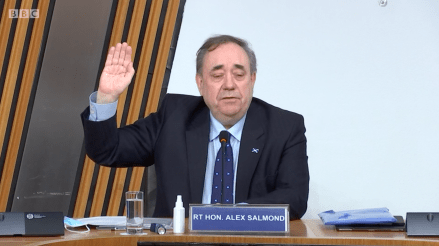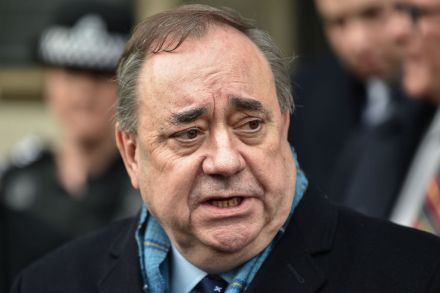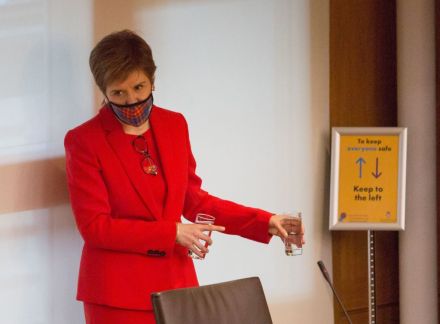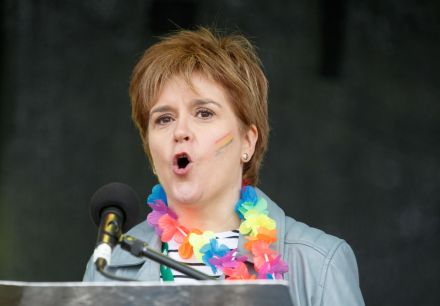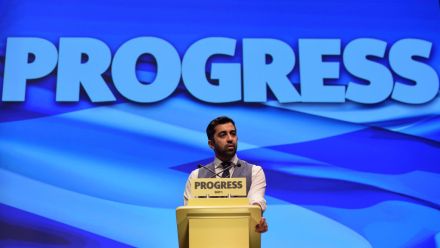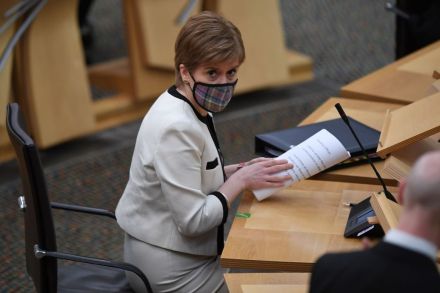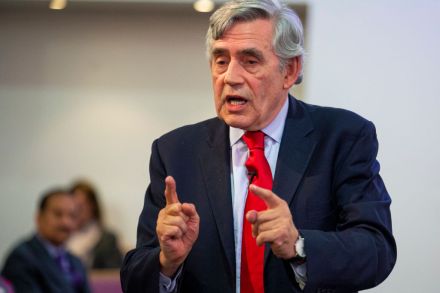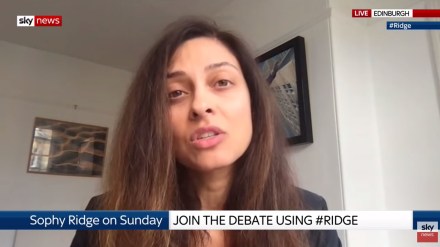Nicola Sturgeon reinvents herself as a social democrat. Again
It’s the surest sign there’s an election on in Scotland: Nicola Sturgeon has become a social democrat again. Addressing her party’s spring conference today, the SNP leader vowed to double the Scottish child payment to £10 per week for under-16s in low-income families if the Nationalists are returned to government after 6 May. She explained: ‘I want to make ending child poverty a driving mission for the next parliament. It is time to end the scandal of child poverty, and this will help us do it. And it is a down payment of what will be possible when we have the full powers over tax and social security that only
